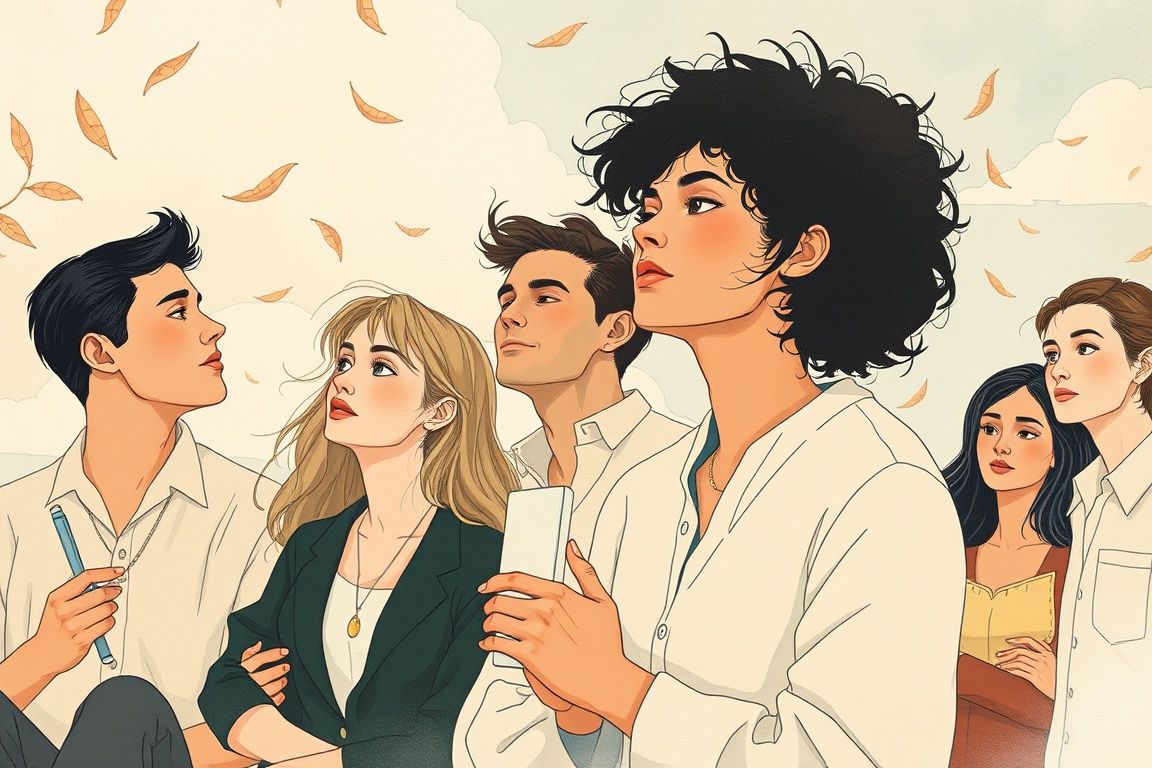Modernism in Literature or Breaking the Rules

This course introduces participants to early 20th-century literary innovations. Participants will study authors like James Joyce, Virginia Woolf, and Franz Kafka, exploring how their experimental styles reshaped narrative structure and character development.
Why It’s Worth It
Gain a deeper understanding of modernist literature and its key figures.
Enhance analytical skills by studying innovative narrative techniques.
Appreciate the complexity of character development in modernist texts.
Your Learning Roadmap
Introduction to Modernism and Its Historical Context
This module sets the stage by exploring the social, political, and cultural contexts that gave rise to modernist literature. Participants will learn how historical shifts influenced literary experimentation and discover the key themes that define modernist work. Historical Background Defining Modernism Key Influences and Predecessors
Literary Innovations and Narrative Techniques
This module dives into the narrative experiments that became hallmarks of modernist literature. Learners will study techniques like stream of consciousness and fragmented narrative structures, enabling a deeper understanding of these experimental forms. Stream of Consciousness Fragmented Narratives Symbolism and Imagery
Exploring Character Development in Modernist Literature
This module focuses on how modernist literature redefined character development. Participants will learn how authors broke traditional molds by introducing characters with complex inner lives and paradoxical identities. The lessons will encourage critical thinking about narrative subjectivity and character transformation. The Antihero and Psychological Depth Fragmentation of Identity Voices from the Margins
Analyzing Canonical Works
In this module, participants examine influential modernist classics. Through in-depth analysis of works by Joyce, Woolf, and Kafka, learners will see firsthand how experimental styles challenge traditional storytelling. The module combines literary criticism with contextual reading to foster deep understanding. James Joyce’s Ulysses Virginia Woolf’s Mrs. Dalloway Franz Kafka’s The Metamorphosis
Modernism’s Legacy and Contemporary Reinterpretations
This final module considers modernism's enduring impact on literature and the arts. Participants will reflect on how modernist techniques have been adapted and reinterpreted in postmodern contexts. The module promotes critical thinking about the evolution of narrative forms and the continuous dialogue between past and present. Modernism’s Impact on Postmodern Literature Contemporary Reflections and Adaptations Revisiting Modernism: Debates and Interpretations
What Users Are Saying
All You Need to Know
Enroll Today!
Real-time interaction with an AI assistant for personalized learning.
Flexible learning environment with modules you can tackle at your own pace.
In-depth literary analysis of canonical masterpieces to enrich understanding.
Discussion of historical context to enhance literary appreciation.
Engagement with innovative narrative techniques that redefine storytelling.
Continuous feedback to ensure comprehension and application of concepts.
